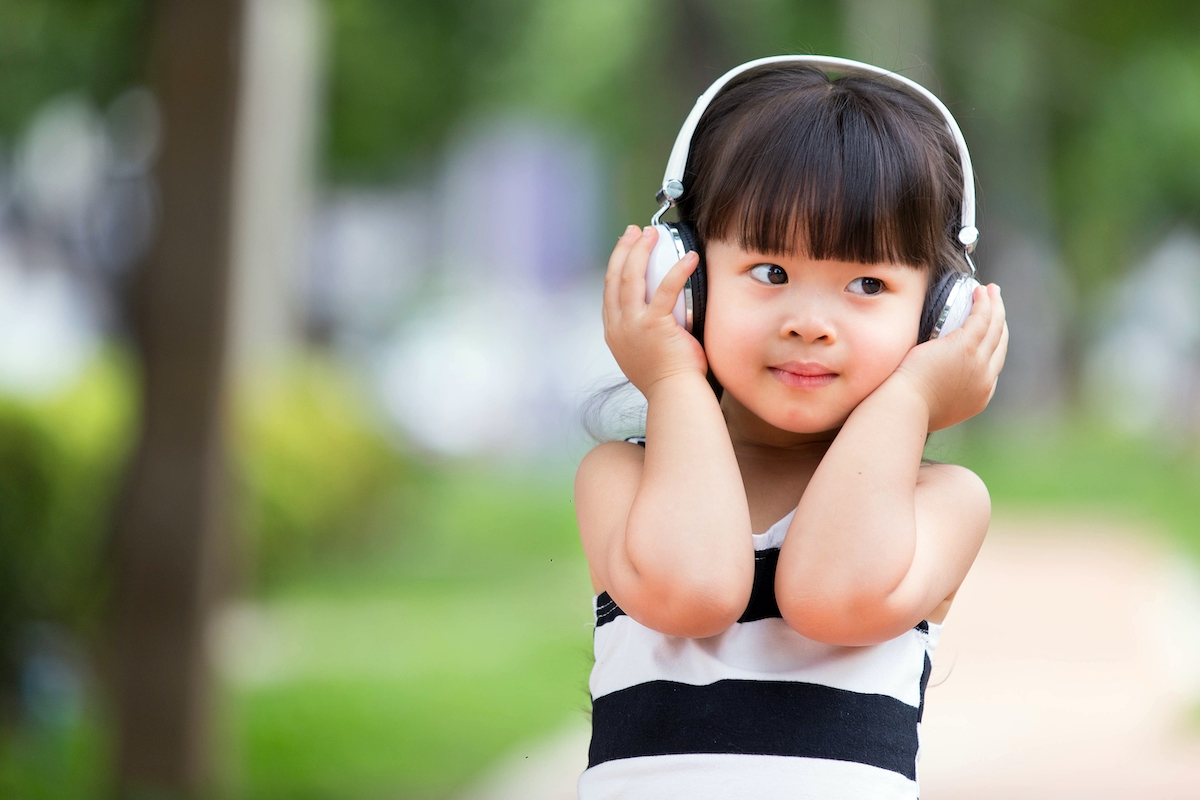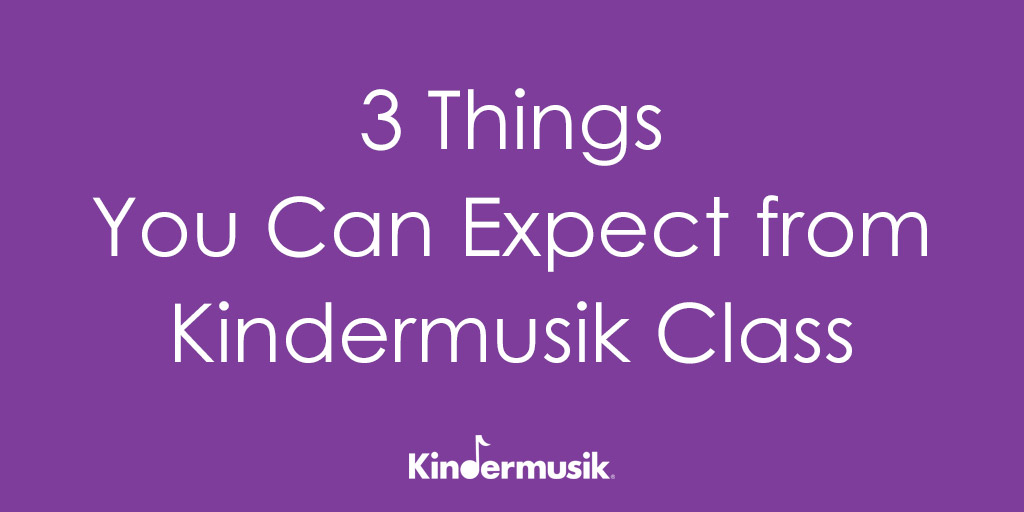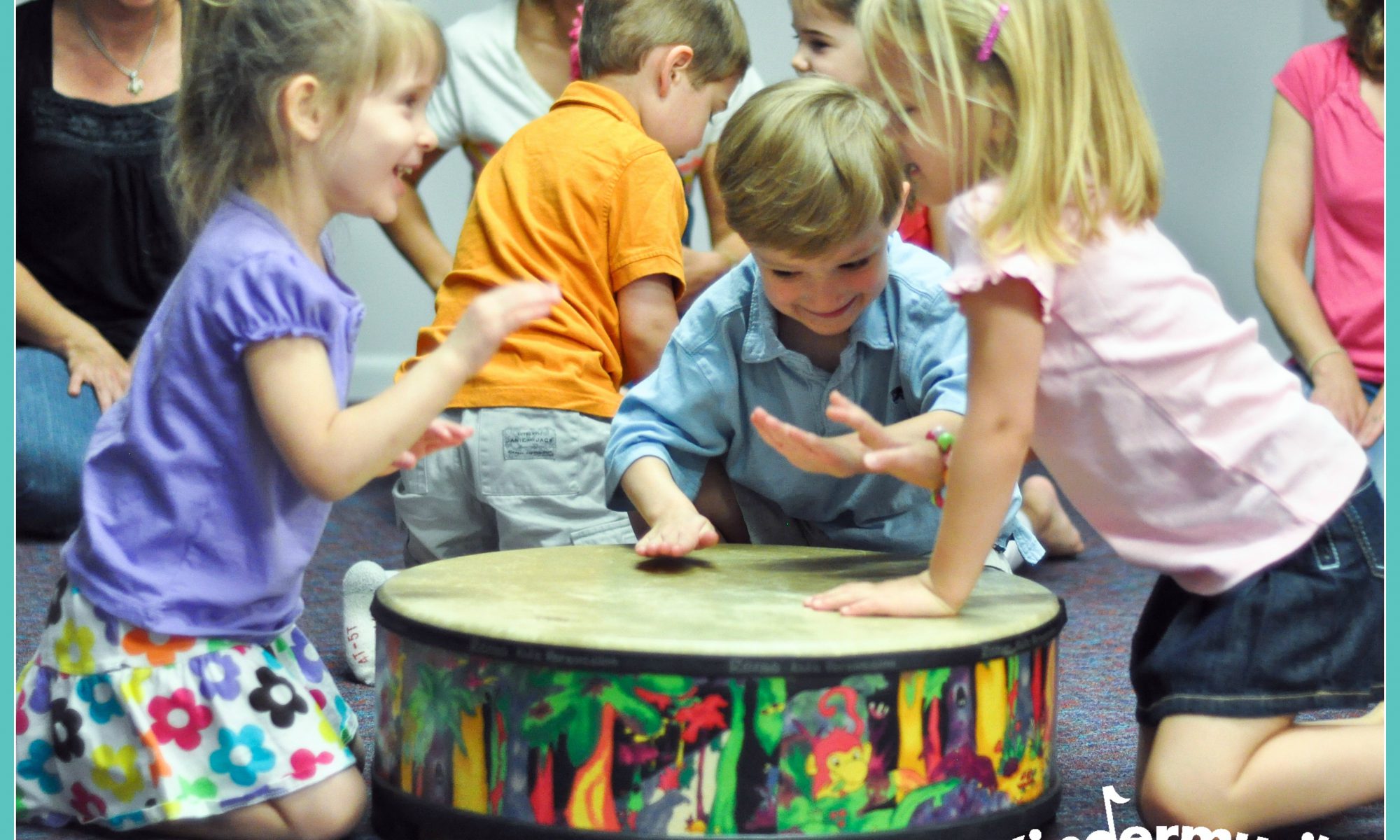Athletic events, community concerts, and parades are the perfect outlet for making family memories, but did you know excessive volumes can lead to early hearing loss?
Continue reading “Too Loud: How to Prevent Early Hearing Loss in Children”3 Things You Can Expect from Kindermusik Class
Do you create your own playlists? Maybe one to calm you when you feel stressed, one to pep you up when you feel down, one for a special holiday, or one for busting a move when no one else is around (those are the best!).
Music has incredible benefits, not just for our grownup moods, but for childhood development—from the womb on! That’s what we explore every day in Kindermusik studios around the globe.
Continue reading “3 Things You Can Expect from Kindermusik Class”Finding Your Voice: Lessons Learned from Isabella
This guest post originally appeared on the blog: One Random Angel.
I’ve been working with children since I was old enough to babysit. Been teaching children in some capacity for the last 23 years. So I don’t want to say I’ve seen it all, but I will say not much surprises me. And I generally think I’m pretty good at reading kids and meeting them where they are and bonding with them from there. Or at least I thought that until this past year when a creative, loud, happy child named Isabella surprised me and taught me a new lesson that will help me now to be a better teacher and maybe even a better person.
Let me back up. When I first began teaching Isabella, then 2 years old, in one of my parent/child gymnastic classes, I did not see her at all as creative, loud, or happy. In fact, I saw her as timid, introverted, and nervous. She hid most of the class behind her dad’s legs. And her kind, supportive parents, along with her kind, well-meaning teacher would encourage her to try skills and push her to participate. But if I’m honest, she didn’t really ever seem to enjoy the class in those days. I thought she needed time: time to get to know me, time to be comfortable in the environment, and time to just watch and observe before doing.
Then we started a new Kindermusik program at my gym.
Isabella and her mom joined my very first class. I could see the first day that Isabella was more comfortable. From day one, she participated fully in the class. As the weeks went on, Isabella became louder and louder in her participation. She modeled for the other kids all the imaginative play involved in Kindermusik. She was the first to vocalize and sing along. She really transformed into a leader before my eyes. One week early on we were dancing with scarves to classical music. Isabella stood off to the side and sang “Let It Go” as loudly as she could over the music. It was glorious.
As amazing as watching her come out of her shell in music class was, here is the part that really blew me away. When she found her voice in Kindermusik, the way she participated in the gym class also changed! She stepped out from behind her dad’s legs and into the center of the circle. She met me in the gym class with the same imaginative spirit that we used in music class. In our opening circle for example, instead of burying her head in her dad’s chest when I’d ask her for her name, she began to give me a different name each week for what I should call her. Then she’d pretend to be that person (usually a princess). One day during our exploration time, she said to me, “I’m Miss Angel and you are Isabella. You follow me.” She led me around equipment that a few months earlier I couldn’t even get her to go near.
Lessons Learned from a Child
Isabella didn’t need more time or understanding from me. She needed a change in environment. She needed to find her voice where she felt confident and where the activities spoke to her and her strengths. She found those things in Kindermusik. Then she owned her new voice and used it to overcome whatever fears she had in the gym. Now she tries skills. Now she participates fully. She is sometimes still nervous when trying new physical skills, but instead of hiding and refusing to try, she just tells you that she feels nervous. Then she tries it anyway.
Isabella is a joy to teach in both programs. Take a look at Isabella and her family singing with me and the Wiggle and Grow Family class. You’ll recognize her from her confidence and joyful, loud singing!
So my hope for all of us is that we can find a change in environment when we need it. Find a place where we feel confident. A place that speaks to our strengths and draws out the very best in us. A place where we can sing “Let It Go” loudly even when entirely different music is playing.
What lessons have you learned from a child? Join in the conversation on our Facebook page and tag your response #lessonslearnedfromkids.
Angel Hundley has owned and operated a The Little Gym Franchise in Huntsville, Alabama, since 2007. She has taught hundreds and hundreds of children. She hopes they’ve learned from her. Angel is certain that she’s learned from them!
Why Should I Spend Money on a Toddler Music Class When We Can Just Listen to Music at Home?
“I just don’t see the point of going to music class with my young child. I can sing and dance and listen to music with my little one at home so why should I enroll in a class?”
We get that comment a lot and we GET it. Yes. Parents SHOULD “play music class” at  home. We believe so strongly in the importance of creating a musical home that we provide the music, instruments, or other resources—like our Pinterest Boards!— needed to make it easy for parents to integrate musical learning throughout the day. Those everyday musical moments make memories, imbed a love for learning in young children, and make life fun for the whole family! (Plus, we know how music can help make parenting just a little bit easier, too!)
home. We believe so strongly in the importance of creating a musical home that we provide the music, instruments, or other resources—like our Pinterest Boards!— needed to make it easy for parents to integrate musical learning throughout the day. Those everyday musical moments make memories, imbed a love for learning in young children, and make life fun for the whole family! (Plus, we know how music can help make parenting just a little bit easier, too!)
However, for young children to receive the maximum benefits of participating in learning (and playing!) through music, they need music at home and in a class group environment. Children thrive on both. In fact, research even shows that engagement, consistency, and longevity of participating in music classes directly correlate with the language, literacy, and other cognitive benefits of music.
Learning in a Group Matters
Learning in a group of peers, regardless of age, is different than learning by yourself—or with your child at home. Also, each group is unique from the next because each group is comprised of different individuals contributing to the group.
In music classes for young children, like Kindermusik, we intentionally create a learning environment where every participant contributes and takes away something unique based on their own experiences, both inside and outside the classroom. Parents notice this right away when each child can choose to sing, wave, jump, or even blink hello to their friends during the very first song.
 This experiential environment where the learning process is shared by everyone in the group—including children, parents, and the teacher—is called “social constructivism.” For example, in each class a Kindermusik educator guides the class towards a learning objective, such as steady beat, timbre, or vocal play, with children as active participants in the learning process. Providing children with ample time to reflect, compare, make choices, express opinions and preferences, and engage in problem-solving activities together teaches children not only the lesson focus but it teaches them how to learn.
This experiential environment where the learning process is shared by everyone in the group—including children, parents, and the teacher—is called “social constructivism.” For example, in each class a Kindermusik educator guides the class towards a learning objective, such as steady beat, timbre, or vocal play, with children as active participants in the learning process. Providing children with ample time to reflect, compare, make choices, express opinions and preferences, and engage in problem-solving activities together teaches children not only the lesson focus but it teaches them how to learn.
Children participate, collaborate, and contribute to the process in a group learning environment. So, while the lesson plan is repeated in classrooms around the world, the experience is slightly different based on each individual group. So, yes, “playing music” at home matters, but so does “playing music” in a group. Children need both to fully experience the life-altering benefits of music education.
Oh and by the way: Participating in a music class benefits parents, too. After all, parents make connections with other families in the same season of life. As parents, we can all use a group of friends who understand the unique challenges of potty training, sleeping through the night, healthy snack choices, best parks for a 2-year-old AND a five-year-old, and even which consignment or second-hand sales are worth attending.
 Want to “play music” in a classroom with other families? Find a local Kindermusik educator!
Want to “play music” in a classroom with other families? Find a local Kindermusik educator!
Contributed by Lisa Camino Rowell, a freelance writer in the Atlanta, Georgia, area.





